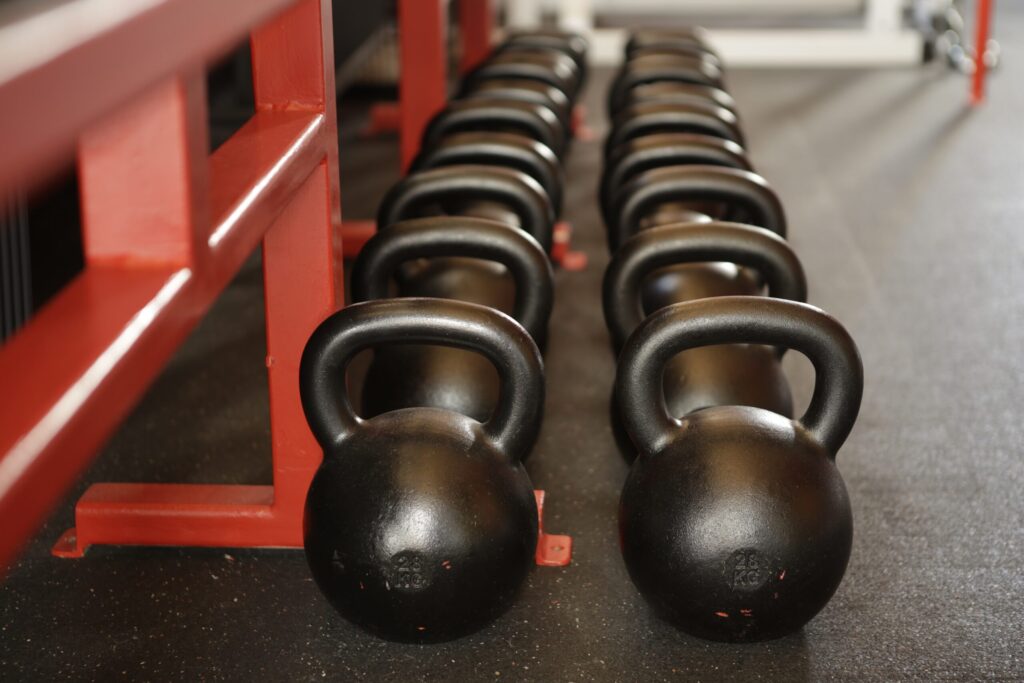Don’t Judge Your Performance Based on One Training Event

Aside: January is 30-for-30 month, and DuelloTV has a ton of great resources to keep your practice interesting and inspiring! Read more about it here.
I’ve had many frustrating training and combat encounters. Ones where I have felt suddenly incapable of accomplishing something that may have seemed simple weeks before. It’s easy to jump to a conclusion “I’m just not practicing enough”, “I’m not learning”, “My opponent is just way better than me”. Yet there are so many factors that go into a given performance.
Food Regimen
What you eat can significantly impact your performance. Low blood sugar, poor fat/carb/protein balance, and simply not eating enough or too much of the wrong thing.
I’m not an expert dietician, but I do my homework and try to keep up on what science is learning about diet. Stay away from trends that promise quick and easy results—building a healthy body that performs well when you need it to takes time, care, and attention to the details of things like diet.
Rest for the Weary
Have you slept poorly? Did you stay up too late last night? Even if you don’t feel tired, sleep is the time when your body regenerates muscle tissue and recuperates your physical systems not simply your mental ones.
Be purposeful about sleep, because your training day starts with the sleep you got the night before! Plan a wind-down time, reduce blue-light (screen) interaction. Manage worries and anxieties—they don’t go away overnight, but a good sleep can grant renewed perspective that might yield solutions you didn’t think were there.
Mental State
How you are talking to yourself and responding to external stimulus (someone trying to hit you in the head with a sword, for example) are highly affected by your psychological state. Everyone has had the experience of being in “the zone” and many more experiences of the opposite. Some days can be harder than others for getting into this space.
More Data, Better Perspective
I’m not providing these reasons as an excuse to not critically assess your performance. What I’m counselling is to assess performance over a series of events in order to reveal trends. Single point data collection is a flawed approach for effective planning. Also be aware of, and plan for, a broader approach to training than simply drilling and conditioning. A well designed training program includes activity-specific training as well as time for recuperation, training-based diet planning, and mental, as well as physical, training.
What about you? Have you had one training/competition event that has really impacted you for the worse? Made you question your progress and place on the journey? How did you deal with it? I’d love to hear about it, and how it affected you. Please leave me a note in the comments —we read each one!
Devon



Responses